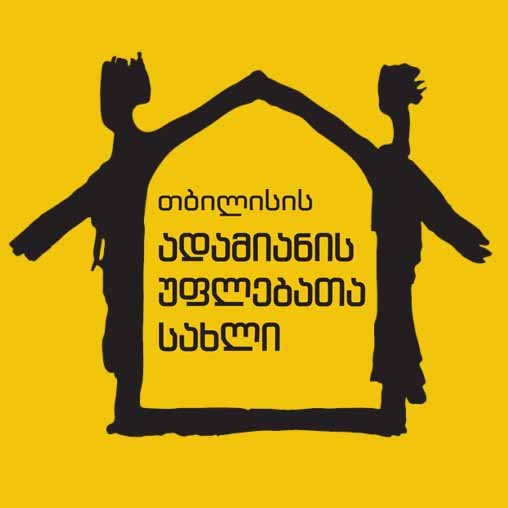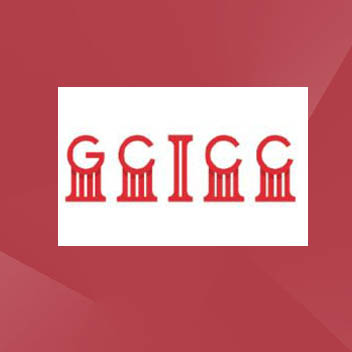News
We Call on President to Veto Damaging Amendments to Wiretap Legislation
09.06.2022

Font size
On 7 June 2022, the Parliament of Georgia voted for legislative amendments that notably lower the standard of human rights protection in the process of covert investigative actions. The adopted bill falls well short of international norms of human rights protection and the practice of European Court of Human Rights.
The legislative amendments have a number of shortcomings, but the most disturbing among them are the new rules of setting timeframes for covert investigative actions and notifying an individual of a covert investigative action: in particular, covert eavesdropping may be conducted for an indefinite time for investigating 77 types of crime, and in case of several types of crime, an individual may not be notified of being wiretapped for 30 years. Consequently, such individual will not be able to ever use the right of appeal, to exercise the right to fair trial and to defend his/her right to privacy.
According to the legislative amendments, the maximum term of covert investigative action has increased from six to nine months while the list of crimes for which covert eavesdropping and surveillance may be conducted has extended to include additional 27 less serious crimes.
The adopted bill renders those positive legislative changes useless, which were implemented in 2014 with the active involvement of civil society and experts from the Council of Europe.
The wiretap legislation has many shortcomings that have not been eradicated, inter alia, even with the reform implemented in 2014. For that very reason, nongovernmental organizations and up to 300 citizens of Georgia filed an appeal with the Constitutional Court against the legislation regulating covert investigative actions. The Constitutional Court has already heard the case on the merits, but has been dragging its feet to take a final decision for four years now. Against this backdrop, a further decline of the human rights protection standard in the legislation will be a serious setback for a democratic development of Georgia. This is pointed out by the statement made by the EU Delegation on June 8.
Considering all the above said, we urge the President of Georgia to exercise the power granted to her under the Constitution, to veto the legislative amendments and to send them back to the Parliament with reasoned objections.
- Transparency International Georgia
- Georgian Young Lawyers’ Association
- Social Justice Center
- International Society for Fair Elections and Democracy (ISFED)
- Georgian Democracy Initiative (GDI)
- Human Rights Center (HRC)
- Liberal Academy
- Institute for Development of Freedom of Information (IDFI)
- Rights Georgia
- Open Society Georgia Foundation
News
18.04.2025
The Suspension of Visa Liberalization Serves the Interests of Ivanishvili and Russia—Not the Georgian People
20.03.2025




